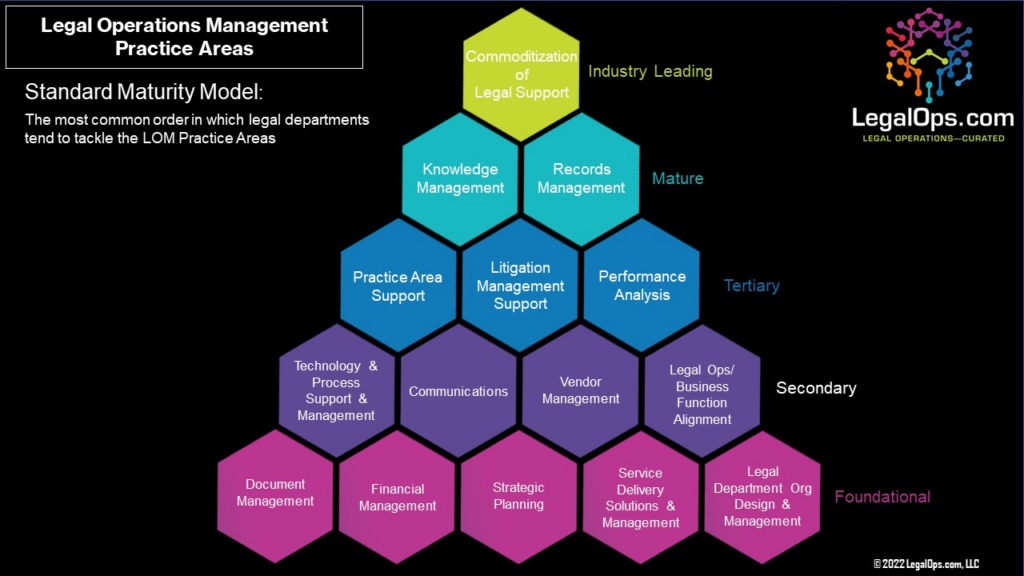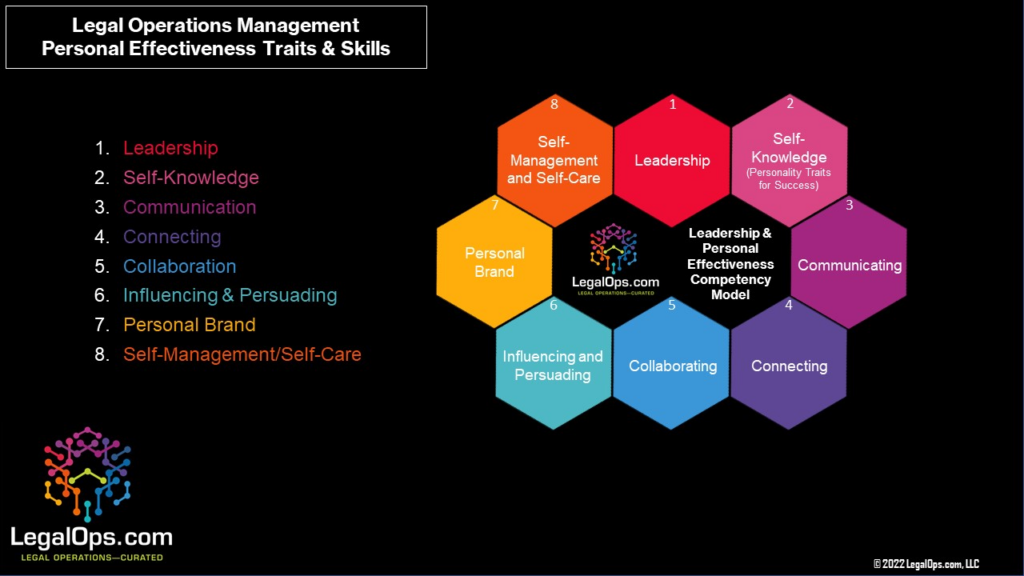This year marked the beginning of a new conference*: the first-time-ever gathering of a combined 300 plus general counsel, in-house lawyers, and legal operations professionals. Further, there were several dozen law companies and legal tech providers of many types, and over 100 law firm partners and other law firm business professionals. They came to network and to learn the latest strategies when it comes to running legal like a business.
The conference was the brainchild of CLOC founders Connie Brenton and Jeff Franke who founded a new company called LegalOps.com. They teamed with the Women’s General Counsel Network (WGCN), led by Jan Kang and our company, LawVision, to bring together critical participants of the corporate legal ecosystem. The star-studded sponsor list read like a who’s who of major law firms and legal tech companies. There was palpable excitement generated at each of the networking events as new relationships were forged and existing ones rekindled.
What Makes Running Legal Like a Business Different
Beyond the spectacular networking opportunities, what really made this conference different was the content. A hallmark of any program managed by Jeff is what he calls “curated content,” i.e., engaging, informative, actionable, relevant and highly substantive content in every session. The content really resonated with everyone, and as I walked to one of the sessions behind two female legal operations leaders, I heard one of them say: “There is so much great content, I can’t decide which session to attend.” Indeed, it was hard to choose between dozens of options. Session topics ranged from implementing various forms of technology and legal project management to strategic planning, change management and Board engagement.
Another differentiator of this conference and the work that LegalOps.com has been doing the last few years was the unveiling two new reference models: LegalOps.com’s Legal Operations Management Practice Areas and LegalOps.com’s Leadership and Personal Effectiveness Skills.


The Legal Operations Management Practice Areas Reference Model highlights 15 Practice Areas that represent the activities necessary for a legal department to deliver legal services with the ultimate objective of obtaining a competitive advantage for the business. Achieving a competitive advantage was a recurring theme and just one of countless focal points around running legal like a business. The Practice Areas Reference Model provides detailed levels of the elements of a law department’s services to the business and its clients in a way that a law department’s general counsel and legal operations professionals can determine where to focus its efforts or even how to get started if they are just beginning to stand up legal operations.
With levels from foundational to industry-leading, a department can determine its organization’s specific needs—based on the company strategy, industry, past efforts and pain points. And, just as importantly, each member of the company’s legal operations team can assess their personal capabilities in all areas and determine where additional education is needed. Then, they can access resources to improve in these areas, all within the LegalOps.com platform which provides thought leadership, professional development and networking opportunities.
Of course, all of the legal operations management sessions at the conference were tied to the Practice Areas and Leadership Reference Models.
How Legal Operations Came to Be
Within the increasingly complex legal landscape of the last 40 years, GC roles have necessarily evolved. While they may have been primarily just risk or legal advisors in the past, they now play a much more strategic role. In addition to growing in-house legal teams, this includes everything from support for strategic decision-making to the globalization of businesses to intense compliance and regulatory scrutiny. All of this takes place as their companies are called to usher in the digital age, manage a growing number of crises, and take their rightful place as responsible corporate citizens.
It is for this reason that legal operations professionals not only came into existence but grew to include many specialized areas of expertise and technical and interpersonal skills. These professionals provide crucial support by managing operational functions that can greatly increase the department’s efficiency, reduce cost, and support data-backed decision-making and risk management. By streamlining processes and improving workflow, legal operations professionals free up general counsel and their lawyers to work on substantive areas.
At the same time though, there hasn’t been a consistent definition or standard of what legal operations is from one company to the next. This framework will provide a standard to which organizations can benchmark or aspire. And it should provide traction for supporting legal operations professionals as they drive change within their companies. Because by their very nature, these roles mean change management. Admittedly, change management is not always a welcome voice in the room. Having an industry model or standard will help individuals in law departments to educate the other functions in the business about the role and potentially critical new functions of the legal department.
Two of the closing sessions focused on the evolution of the legal operations roles. One, called “Understanding the Chief of Staff to the GC Role: Extending the GC’s Ability to Scale and Reach Full Scope,” and the leadership and career development panel session that followed really helped illuminate how legal operations professionals can support, enable and empower the goals of a GC to their organization—and drive incredible value to the company.
The Importance of Legal Ops
Today’s legal operations professionals play a critical role in corporations, helping them to minimize risks while achieving the organization’s business objectives efficiently and effectively. Law departments have evolved in terms of size, scope and focus to meet the needs of this globalized industry. Today more than ever, legal departments need to use the tools that businesses use, i.e., benchmarking, strategic planning, innovation, process optimization, change management, and, yes, technology partners, just to name a few. That’s how running legal like a business looks in 2024 and beyond.
We support this evolution with training, tools and techniques that help the legal function align with and support the business objectives. Running Legal Like a Business and the Global LPM Summit, were an important beginning for legal departments and law firms everywhere that want to be part of the transformation. We’ll cover additional topics from the Global LPM Summit part of the conference that we led in upcoming blogs.
*Update to earlier blog release: This was the inaugural LegalOps.com Running Legal Like a Business conference, which included the established Global LPM Summit.
Posted In

